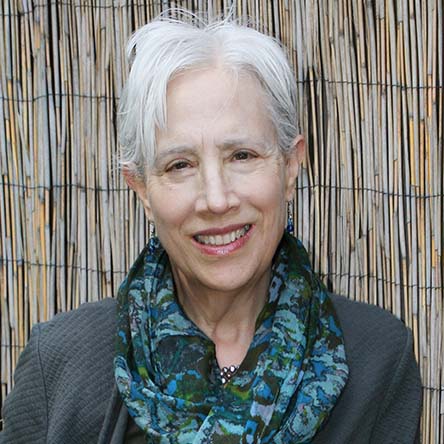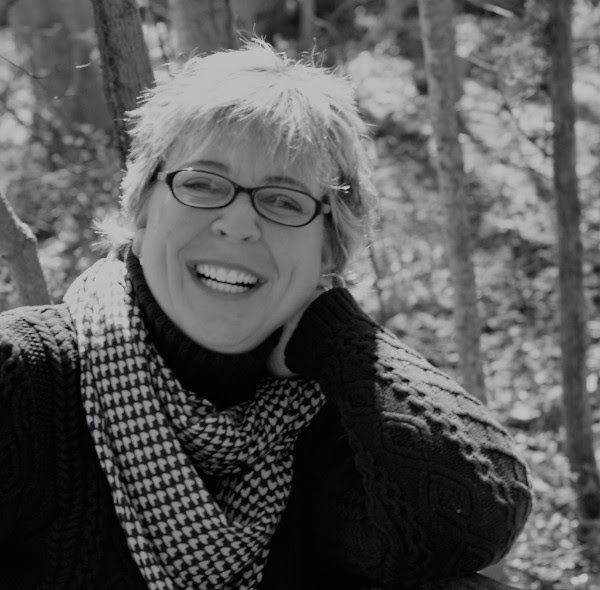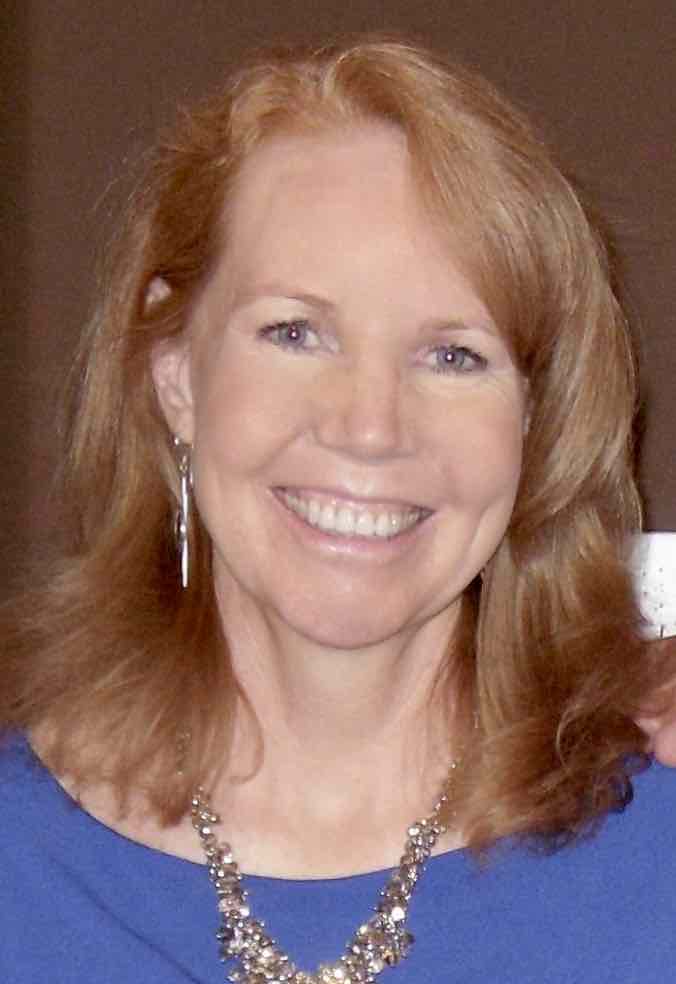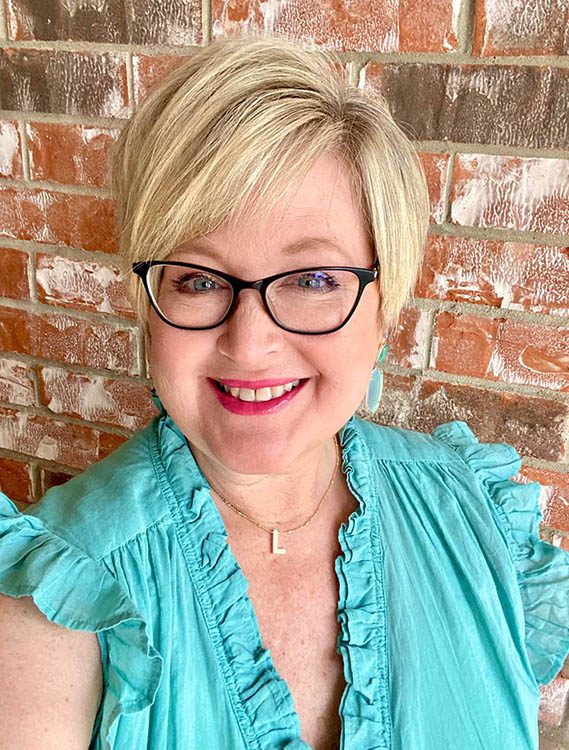Blamespeak and Conflict
![]()

Photo by Afif Ramdhasuma on Unsplash
Are you using blamespeak in difficult conversations? I heard someone use the term “blamespeak” recently and thought it was a very evocative succinct way to express what happens in many conflicts. Something goes wrong in communication, people feel attacked or discounted, and instead of listening or assuming good intention or aiming toward mutual problem solving, the participants, one or more, get mired in finger pointing and blamespeak. It wasn’t me, it was you, how could you, how dare you. You are the one who did/said something wrong, not me.
Bill Eddy of the High Conflict Institute talks about blamespeak as a common thread for high conflict individuals, but I think we can all default to blamespeak if we feel triggered. I also think blamespeak can interact with what I call shamespeak—conflict because we are defensively deflecting the shame we feel at our own behavior.
Once blamespeak or shamespeak are activated, it becomes more difficult to truly listen, and much harder to resolve or transform the conflict.
How can you avoid the blamespeak or shamespeak trap?
In the now classic book, Difficult Conversations, the authors, Douglas Stone, Bruce Patton, and Sheila Heen, talk about shifting the disagreement conversation from blame to contribution. We are invited to ask the question, what is my contribution to this misunderstanding? What is my share? Which, to coin another new phrase, means shifting from blamespeak or shamespeak to sharespeak.
How can we switch to sharespeak?
How can we make this shift? Pause, take a breath instead of instantly reacting. Do a gut and heart check. Ask yourself: Is my first impulse blamespeak? Is it helpful? Is it true? Am I sure I understand what they meant? Take another breath and invite yourself to switch to sharespeak instead, listening and exploring your own contribution and that of the other person to a problem of miscommunication, assumptions, or the gap between intention and impact.
 Lorraine Segal has helped over 2000 leaders and others in organizations and corporations communicate more clearly, transform conflicts, and let go of resentments. The goal: to create a more harmonious and productive workplace. Through her business, Conflict Remedy, Lorraine creates customized training and Coaching programs for non-profit organizations, corporations, and government agencies and Sonoma State University. She was recently named one of the top 15 coaches in Santa Rosa by Influence Digest. She is a contributing author to the book, Stand Up, Speak Out Against Workplace Bullying. Her latest project, a memoir called: Angels and Earthworms, an unexpected journey to love, joy, and miracles, is about her transformation from miserable self-doubt to self-acceptance, true love, spiritual awareness, and right livelihood. Find out more about the memoir at BooklingPress.com Contact Lorraine through ConflictRemedy to request a free consultation for you and your organization or to sign up for her conflict remedy newsletter and blog.
Lorraine Segal has helped over 2000 leaders and others in organizations and corporations communicate more clearly, transform conflicts, and let go of resentments. The goal: to create a more harmonious and productive workplace. Through her business, Conflict Remedy, Lorraine creates customized training and Coaching programs for non-profit organizations, corporations, and government agencies and Sonoma State University. She was recently named one of the top 15 coaches in Santa Rosa by Influence Digest. She is a contributing author to the book, Stand Up, Speak Out Against Workplace Bullying. Her latest project, a memoir called: Angels and Earthworms, an unexpected journey to love, joy, and miracles, is about her transformation from miserable self-doubt to self-acceptance, true love, spiritual awareness, and right livelihood. Find out more about the memoir at BooklingPress.com Contact Lorraine through ConflictRemedy to request a free consultation for you and your organization or to sign up for her conflict remedy newsletter and blog.
Related blog posts:
Our Shame Stories and Conflict
Faultlines/Property lines in Conflicts

© Lorraine Segal ConflictRemedy 2022
The post Blamespeak and Conflict appeared first on Conflict Remedy.

























